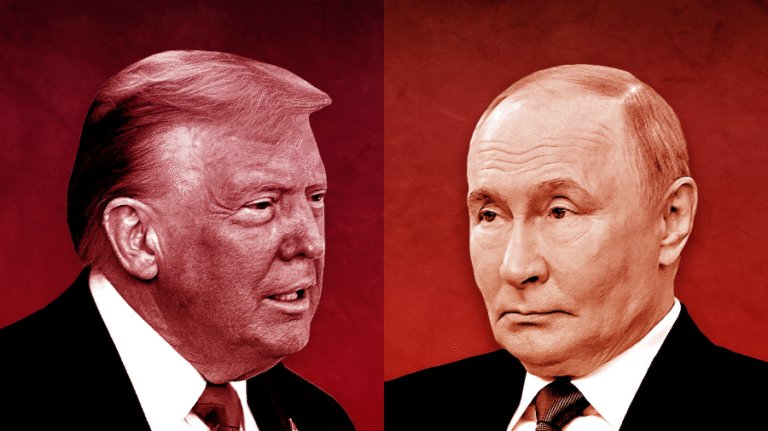
The man convicted of attempting to assassinate President Trump while he golfed last year in South Florida asked a federal judge to recommend he be imprisoned in a state that authorizes assisted suicide.
Ryan Routh, found guilty last month on all five counts he faced, told U.S. District Judge Aileen Cannon in a winding request that he is a “constant failure” and thus wishes to be placed in a prison facility where assisted suicide, often called medical aid in dying, is allowed.
He said he “still hold(s) out hope” that his life may be traded for American prisoners being held by a foreign adversary — a suggestion he made ahead of his trial and claimed he has made to “countless Ministry of Foreign Affairs” — but has found his requests to be “ineffective.”
“Trade me for a Palestinian prisoner in Israel to have my spot in Hawaii, or a POW of Ukraine suffering in Russia or any prisoner anywhere that is suffering,” Routh wrote. “I’m unaware of prisoners in Sudan, Haiti, Myanmar or all the other places of conflict but trade meanywhere (sic).”
“Do not let me take my own life and it have zero benefit for humanity or mankind,” he added.
Though judges may make nonbinding recommendations about where a defendant lands, the decision ultimately rests with the Federal Bureau of Prisons.
Medical aid in dying is authorized in 11 states and Washington, D.C., according to Compassion & Choices, a nonprofit that works toward better care and increased options for the end of life. The states are California, Colorado, Delaware, Hawaii, Maine, Montana, New Jersey, New Mexico, Oregon, Vermont and Washington state.
After the jury announced its guilty verdict against Routh on Sept. 23, he grabbed a pen and attempted to stab himself in the neck with it, prompting U.S. marshals to intervene. They dragged him out of the courtroom, as his adult daughter screamed.
Following the incident, Routh was brought back before the judge in shackles. There were no signs of blood on his shirt, though he was no longer wearing a jacket and tie.
Routh represented himself during the trial, after firing his public defenders. He said in the motion Thursday that he still does not have legal representation other than himself.
Federal prosecutors said Routh spent weeks planning to kill Trump before pushing the muzzle of a rifle through the perimeter of his West Palm Beach golf course last year, near the sixth hole.
He was spotted before Trump came into his view, a Secret Service agent testified during the government’s case. The agent shot at Routh, which caused the defendant to flee without firing his own weapon. Routh was later arrested while driving on a nearby highway.
It marked the second assassination attempt against Trump that year, two months after a bullet grazed his ear at a campaign rally in Butler, Pa.


